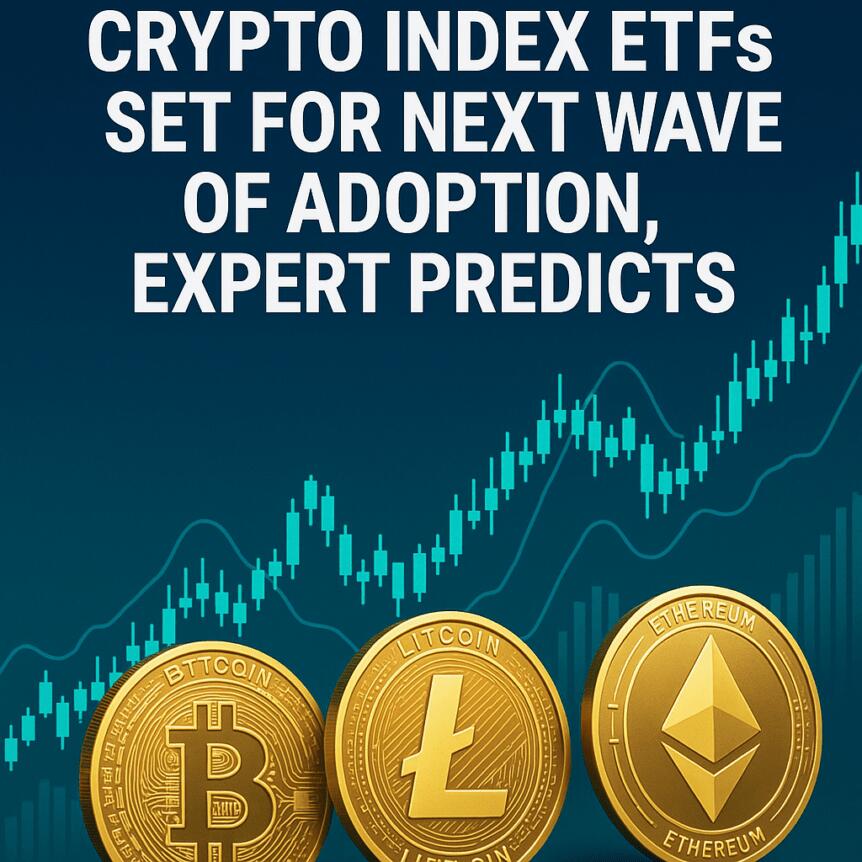Key Highlights:
- Chinese securities regulators asked some brokerages to pause RWA tokenization in Hong Kong.
- Hong Kong is pushing digital assets, with firms offering trading, advice and stablecoin licenses even though there are strict rules.
- The global RWA may reach $2 trillion by 2030.
China’s securities regulator has quietly instructed some of its local brokerages to pause their real-world asset (RWA) tokenization project in Hong Kong, according to Reuters. This move by the Chinese regulators indicates caution towards the fast-growing digital asset trend. The decision comes as Hong Kong pushes harder to become a key centre for crypto and tokenization, showing a clear policy gap between the mainland and the city.
CSRC Issue Informal Guidance
According to the report published by Reuters, the China Securities Regulatory Commission (CSRC) recently gave informal guidance to at least two brokerages, telling them to pause offshore RWA projects. The main goal of the regulator here is to make sure that the blockchain-based businesses are solid, with clear claims tied to real and sustainable operations rather than speculations.
RWA tokenization is a process where traditional assets such as stocks, bonds, real estate, and funds are converted into blockchain tokens and they can be traded or used in the decentralized finance (DeFi). In the last few months, many of the Chinese firms, which also includes GF Securities and China Merchant Bank International (CMBI), have already tested such products in Hong Kong.
Why Beijing is Cautious?
Beijing is cautious because it is worried about risks to the economy and money leaving the country. Since it had banned crypto mining and trading in 2021, regulators have made sure that strict rules exist to protect the value of the renminbi and stop people from speculating. If Chinese brokers run tokenization projects in Hong Kong, local investors would have an indirect access, which could surely weaken those controls.
This caution is like what happened last month, when regulator told big brokerages to stop putting out reports that supported stablecoins, as more and more people in China started showing interest in them.
Hong Kong Charts a Different Course
On the contrary, Hong Kong regulators are supporting tokenization. The Financial Services and the Treasury Bureau (FSTB) and the Hong Kong Monetary Authority (HKMA) are reviewing the rules and operations around RWA, learning from global trials. The city has even rolled out a stablecoin regulatory framework and has started giving licenses to companies that provide virtual asset trading.
By the end of August, the HKMA said that 77 firms had already applied or shown interest in licenses which indicates the strong interest and enthusiasm. Officials are now hopeful that this will help Hong Kong become a top Asian hub for blockchain finance, competing with places such as Singapore, Dubai and Switzerland, which already have tokenization rules in place.
Industry Momentum Continues
Even though there is caution from the regulators, some companies are still moving ahead with tokenization. GF Securities launched “GF tokens” in June, which is backed by dollar, and offshore renminbi. Last month, CMBI managed to raise 500 million yuan ($70.3 million) Shenzhen Futian Investment with a digital bond, and Seazen Group opened a Hong Kong hub for tokenization. Global firms are joining in too, for example, UBS issued a tokenized U.S. Treasury fund on Ethereum, and JPMorgan tested tokenized money market funds.
The Scale of Opportunity
The RWA market as of now has around $29 billion and it is being predicted that the number can jump up to $2 trillion by 2030. Global studies also estimate that $60-20 trillion more assets could get tokenized in the future. Tokenization can increase liquidity, allow trading 24/7 and speed up settlements. However, risks like low investor protection, unclear standards, and inflated yields persist.
The Road Ahead
It is still not clear as to how long China will pause RWA tokenization. Hong Kong wants to be a top blockchain hub but Beijing’s caution may slow Chinese firms, while global banks’ token projects show the $2 trillion opportunities.
Also Read: BitGo Files for IPO after Revenue Surge in First Half
Source: https://www.cryptonewsz.com/china-pause-rwa-tokenization-hong-kong/


